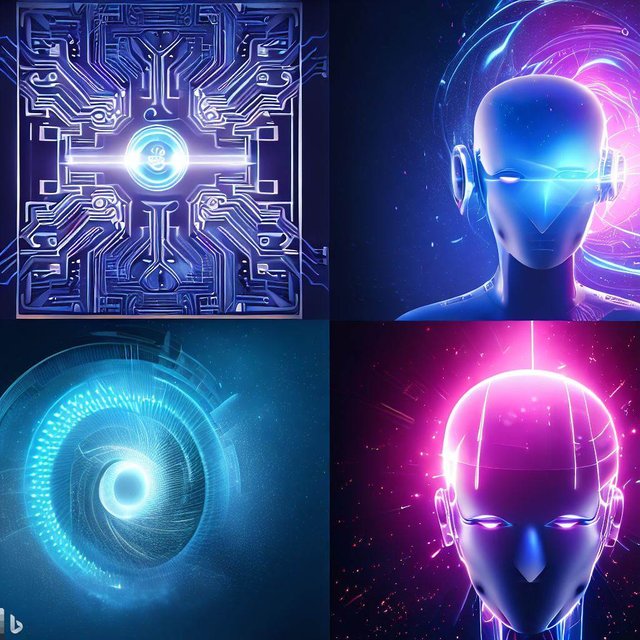
Artificial intelligence (AI) is a great ally for content creators. Thanks to AI, you can create texts, images, videos, audios and other formats quickly, easily and personalized. AI can help creators to get inspired, suggest them, correct them and improve their content, as well as facilitate their distribution and monetization.
But AI is also a competitor for content creators. With AI, you can generate false or manipulated content, such as deepfakes, that can harm the reputation or credibility of creators. AI can also create original and quality content that can compete with those created by humans. AI can even mimic the identity or style of creators, posing as them.
In this scenario, what can content creators do? How can they take advantage of AI without losing their essence and value? How can they protect their rights and ethics against AI?
These are some possible solutions:
Collaborate with AI: instead of fearing it, you can take advantage of it as an opportunity to improve your content and expand your audience. You can use AI as a complementary tool that provides data, ideas or resources, but does not replace the creativity, talent or personality of the creators.
Differentiate yourself from AI: instead of copying or competing with it, you can look for your own and unique style that reflects the voice and vision of the creators. You can bet on original, authentic and valuable content that connects with the emotions and needs of users.
Regulate AI: instead of letting it act freely, you can establish a legal and ethical framework that regulates the use and impact of AI on content. You can demand transparency, quality and responsibility from AI, as well as respect for the rights of authorship and intellectual property of the creators.
Artificial intelligence is a reality that affects the world of content. Content creators have to adapt to this new context and find their place in front of AI. These are some keys to achieve it.